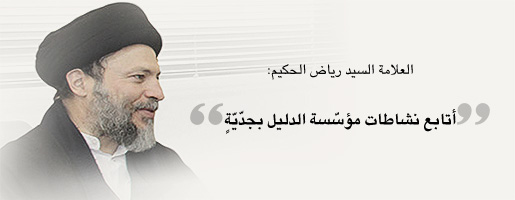




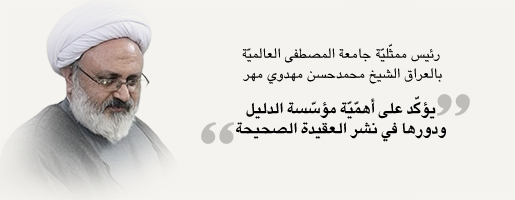

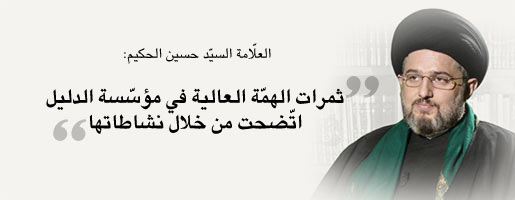
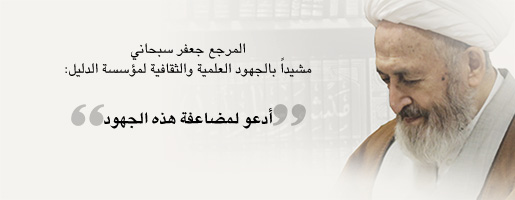
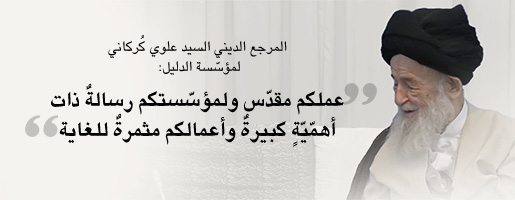

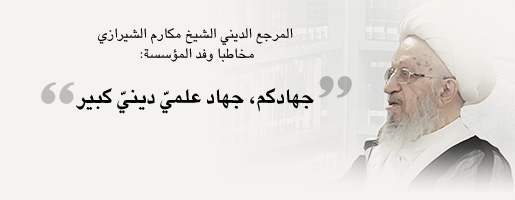
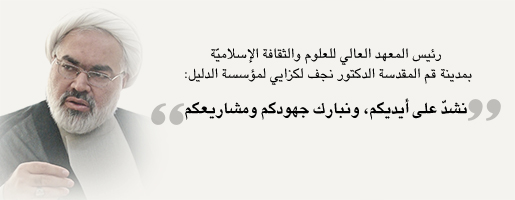
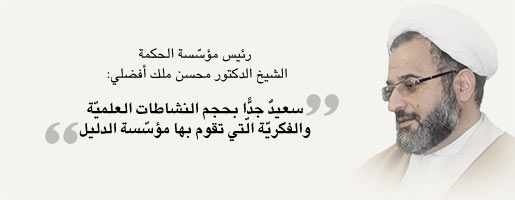
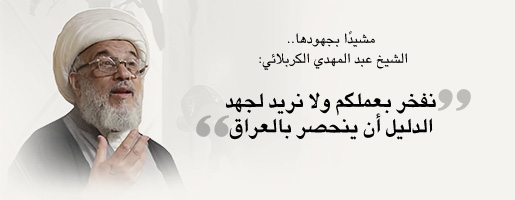
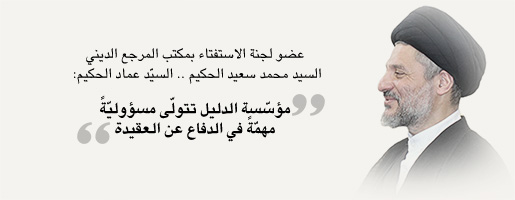
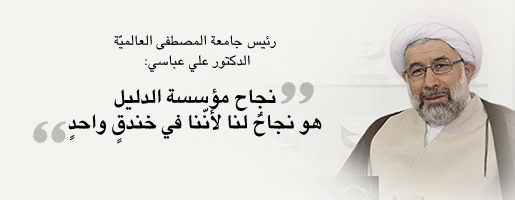
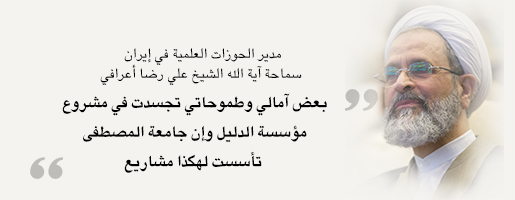
Muhammad Baqir Saeidi
Husain Rizaei
Abstract
Religion is made up of various dimensions, like beliefs, values and commands, and they are real issues that a person is able to know. The foundations of religious reality and its examples are also clear to understand, and so are cases of primary religious values, which can be understood and verified through demonstrative arguments. This means itt is possible to acquire certainty of them through reason. The criterion of truthfulness of legislative commands, like prayer and fasting, is their reliance on theological principles. It is also possible to refer the philosophy of religious behavioural commands back to primary religious propositions as well, and the united actions of humans stem back to the realities that are based on rational arguments. As for commands of values and behaviour, even though they go back to the framework of imperative sentences, but with correct analysis, it is based on factual benefits, and go back to true realities. As for the particulars of acts of religious devotion and their details that are explained in narrations of the Sunnah, or apparent meaning of the Quran that result in speculative indication, they also result in a considerable understanding that leads to rational validity. They are accepted as certain within the understanding of principles or jurisprudence, or at least specific speculation that results in absolute assurance, which is equal to common certainty. According to this criterion, the method of research in religious propositions and proving its validity and truthfulness is based on the type of proposition, and with the goal of explaining the possibility of definite understanding that comes from truthfulness of religious propositions. The outcome of this is analytical refutation of the sceptical theory and religious vagueness that claims that it is not possible to achieve certainty in religion. This view is attributed to relativists who claim the influence of knowledge in prior suppositions.
